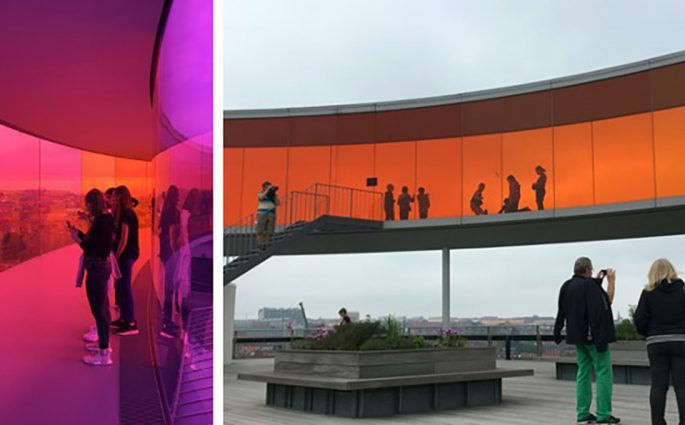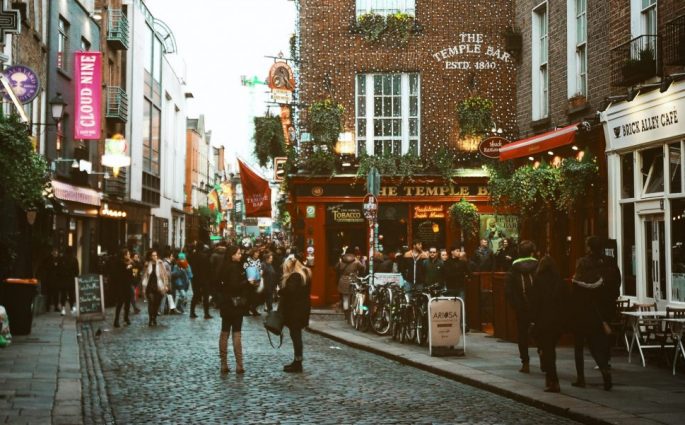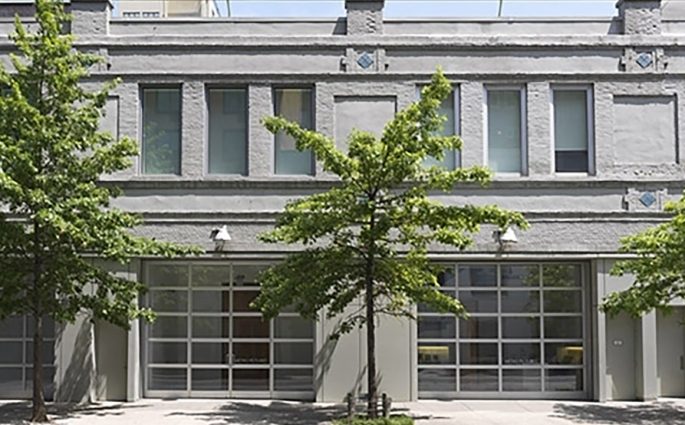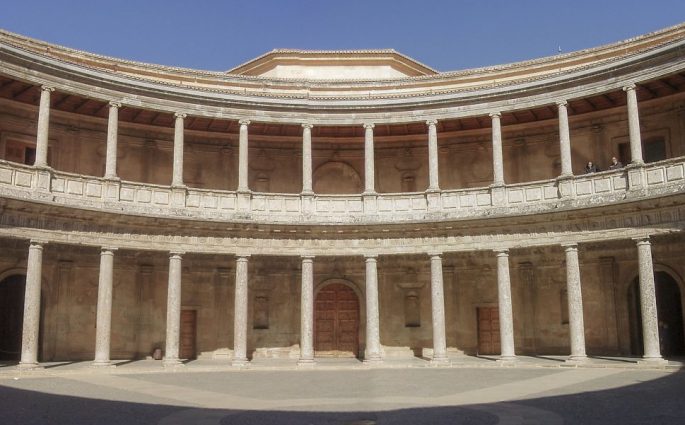Slowdown
Danny Dorling— Over the past 160 years our numbers have doubled and doubled and almost doubled again. Never before have we seen such a huge rise in human population in so few generations. Never again will we. Today our population growth is slowing down. In 1859 Charles Darwin wrote of









